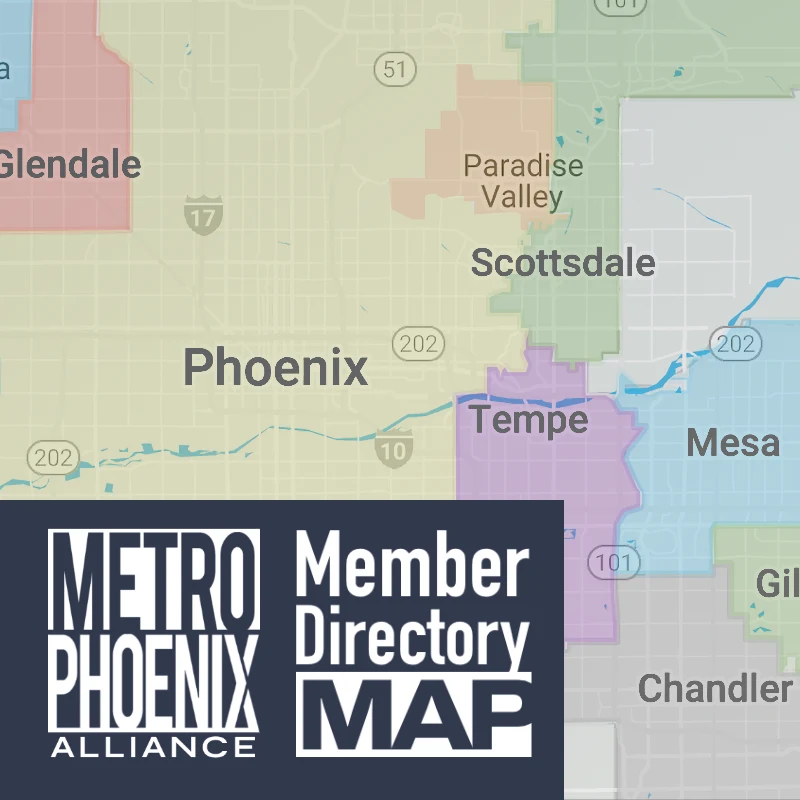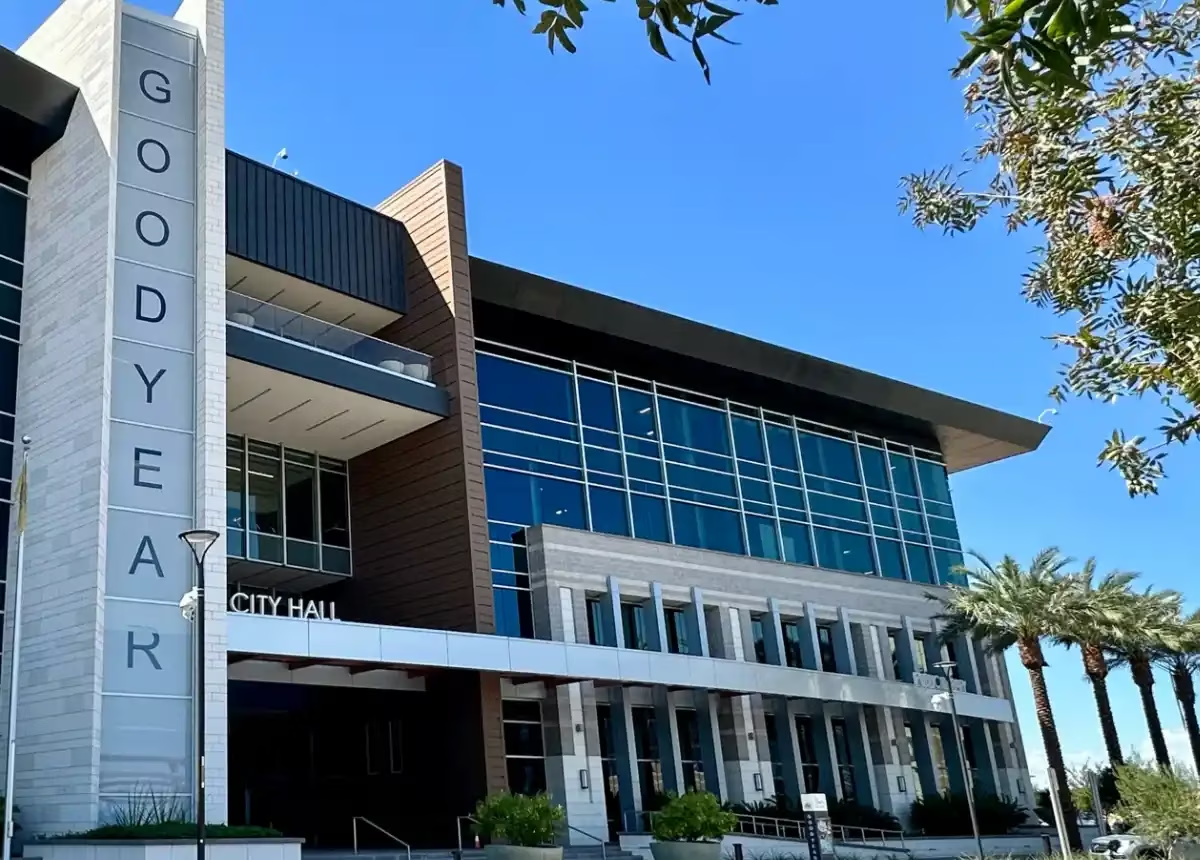
Boosting US and AZ Economy
Airbnb released a new report examining its economic contributions across the United States. According to the findings, travel facilitated through the platform spurred over $90 billion in economic activity nationwide. A significant portion of this impact reached communities lacking traditional hotel infrastructure—areas that might otherwise miss out on tourism-driven revenue. So, what does this mean for Arizona? Just how substantial is Airbnb’s economic footprint in the Grand Canyon State? According to the report, Airbnb helped generate approximately $3.4 billion in 2024, including:
- An estimated 42,000 jobs supported by guest spending
- An estimated $2 billion in labor income
- Approximately $867 million in total tax revenue
- A typical Airbnb guest spent an additional $830 on restaurants, entertainment, shopping, and other local businesses on their Arizona trip.
Key Takeaways
According to newly released estimates, travel on Airbnb generated more than $90B in economic activity across the United States in 2024
The influx of visitor spending helped support more than one million estimated jobs nationwide last year – a new record – helping to generate over $52B in labor income.
While many communities continue to benefit from tourism on Airbnb, a new study finds that strict short-term rental rules led to major cities potentially losing as much as $2.4B in economic activity annually combined – including $1.6B in forgone guest spending at local restaurants, shops, and entertainment venues.
In 2024, Airbnb marked a major milestone with our 2 billionth guest arrival when Wisconsin retirees Tim and Theresa stayed in a spectacular Guest Favorite Airbnb in Sandy, Utah, with their family. All across the country, travelers like Tim and Theresa are booking Airbnbs to reconnect with loved ones and experience new destinations. In doing so, they’re also supporting local economies – from small towns to big cities – and driving meaningful economic impact into every corner of the country.
According to newly released estimates, travel on Airbnb generated more than $90 billion in economic activity across the United States in 20241 – a record figure reflecting the total contribution driven by guests, hosts, and the businesses guests support.
For the first time ever, travel on Airbnb helped support over one million U.S. jobs
According to the findings, in 2024, the typical guest in the US spent more than $775 per trip on other goods and services like restaurants, entertainment, shopping, and other local businesses2. That influx of visitor spending helped support more than one million estimated jobs nationwide last year, helping to generate over $52 billion in labor income.
And because many Airbnb listings are located outside traditional hotel zones, these benefits are widely dispersed. In fact, nearly 50 percent of guest spending occurred in the neighborhood of their Airbnb3 – helping generate economic activity in places that might not otherwise attract tourism dollars.
The benefits also support local governments. Travel on Airbnb generated over $25 billion in total tax revenue across the U.S.4, including $2.4 billion in tourism-related taxes collected and remitted by Airbnb on behalf of hosts at a time when governments are facing budget shortfalls.
Over-regulation leads to major cities putting at risk $2.4B in economic activity
While many communities continue to benefit from tourism on Airbnb, a new study by leading economic consulting firm Charles River Associates commissioned by Airbnb finds that over-regulation may cost some major cities billions of dollars.
In New York City, Philadelphia, Boston, and New Orleans, strict short-term rental rules led to these cities potentially losing as much as $2.4 billion in economic activity annually combined – including $1.6 billion in forgone guest spending at local restaurants, shops, and entertainment venues5.
Local businesses that support home sharing – such as cleaners, maintenance providers, and laundry services – are also missing out, having potentially lost an estimated $150 million annually in revenue in these cities.
The report also finds that hotels were the primary beneficiaries of strict short-term rental laws – at the expense of nearly everyone else: renters, visitors, local residents, and local governments. Ultimately, as travel demand remained strong, fewer accommodation options, particularly in New York City pushed hotel prices higher – forcing many guests to spend more on lodging and less in the communities they came to explore – all without a meaningful impact on housing affordability or availability.
According to the report, local governments may have lost nearly $200 million in tax revenue each year, with New York City alone forfeiting $82 million – money that could have been used to build more affordable housing and help alleviate the ongoing housing crisis. These regulations, ostensibly put in place to improve housing affordability and availability, have not netted the intended results. Rent in New York City following Local Law 18, for example, has reached record heights, and vacancy rates remained unchanged.
This forfeited economic opportunity comes at the same time that cities face growing deficits, putting jobs and municipal services at risk.
1Estimated economic impact based on an internal analysis using the IMPLAN economic impact model which assesses direct, indirect and induced economic activity.
2Internal survey of guests in the US from January 1, 2024 to December 31, 2024, excluding the cost of a listing.
3According to an internal survey of guests in the US for the calendar year 2024.
4Estimated taxes associated with economic activity generated by Airbnb stays. More information provided in the Methodology section above.
5Estimated annual economic losses calculated based on data from September 2023 – August 2024.
About Airbnb
Airbnb was born in 2007 when two hosts welcomed three guests to their San Francisco home, and has since grown to over 5 million hosts who have welcomed over 2 billion guest arrivals in almost every country across the globe. Every day, hosts offer unique stays, experiences, and services that make it possible for guests to connect with communities in a more authentic way.













